Legislative Elections: Shifting Power Dynamics in Venezuela’s National Assembly
Venezuela’s National Assembly plays a crucial role in the country’s political landscape, with legislative elections being a key determinant of power dynamics. In recent years, Venezuela has experienced significant shifts in its political landscape, impacting the composition and functioning of the National Assembly.
The Rise of the United Socialist Party of Venezuela (PSUV)
Since the election of Hugo Chavez in 1999, the United Socialist Party of Venezuela (PSUV) has dominated the political scene in Venezuela. The PSUV’s stronghold on power has been reflected in the National Assembly, where it has held a majority of seats for many years.
- In the 2015 legislative elections, the PSUV suffered a significant defeat, losing its majority in the National Assembly to the opposition coalition, the Democratic Unity Roundtable (MUD).
- This shift in power dynamics marked a turning point in Venezuelan politics, with the National Assembly becoming a battleground for competing ideologies and interests.
Challenges and Controversies
Despite the opposition’s victory in the 2015 elections, the National Assembly has faced numerous challenges and controversies in recent years. The government led by President Nicolas Maduro has sought to undermine the authority of the National Assembly, leading to a political stalemate and increasing tensions between the executive and legislative branches.
- President Maduro’s government has used the Supreme Court, which is aligned with the PSUV, to nullify decisions made by the National Assembly, further weakening its power and influence.
- The international community has condemned the erosion of democratic institutions in Venezuela, calling for free and fair elections to restore legitimacy to the National Assembly.
The Road Ahead
As Venezuela prepares for upcoming legislative elections, the country faces a critical juncture in its political history. The outcome of these elections will have far-reaching implications for the future of the National Assembly and the broader political landscape in Venezuela.
- The opposition is mobilising to regain control of the National Assembly and push for democratic reforms to address the country’s economic and social challenges.
- The PSUV, on the other hand, is seeking to maintain its grip on power and continue its socialist agenda, despite growing discontent among the Venezuelan population.
Conclusion
Legislative elections in Venezuela’s National Assembly are a key battleground for competing political forces, shaping the country’s power dynamics and future trajectory. The upcoming elections will be a crucial test of Venezuela’s democratic institutions and the will of its people to determine the direction of their country.














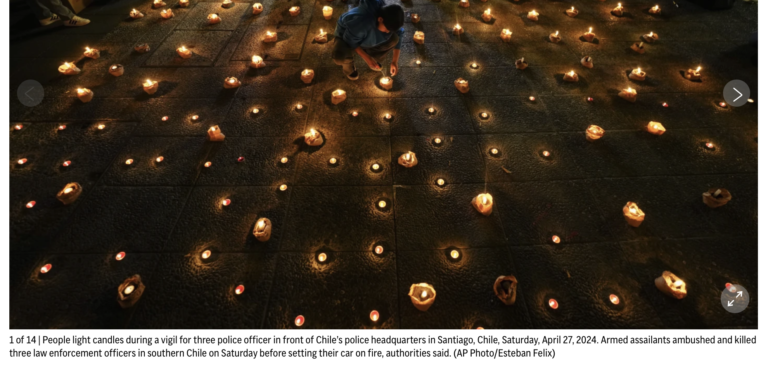
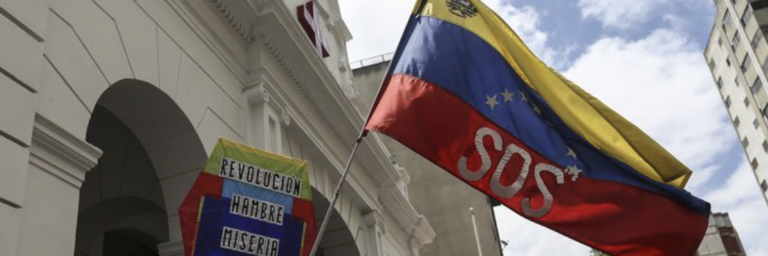
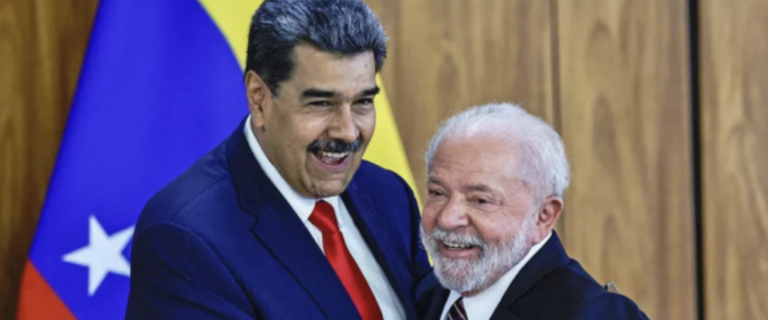
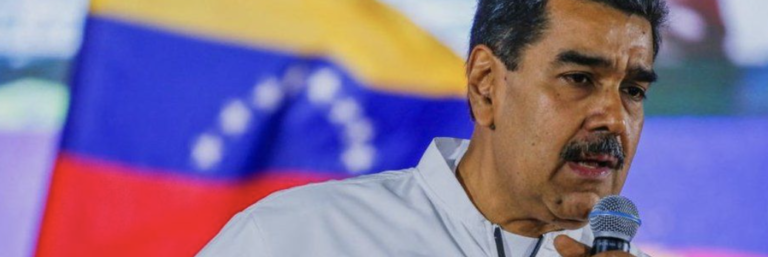
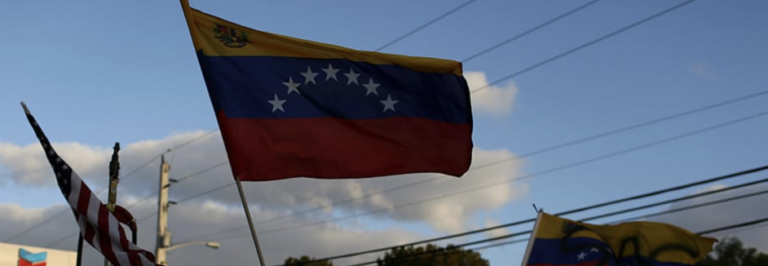
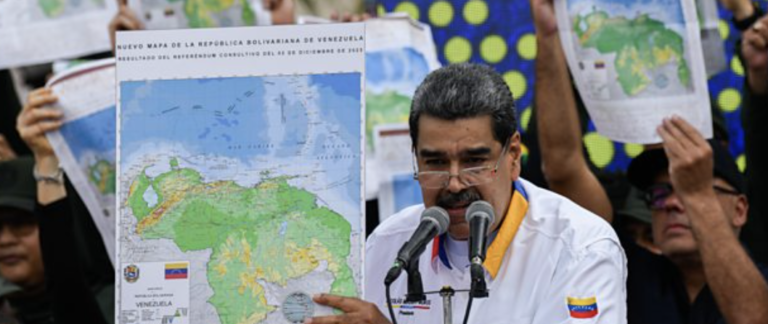








+ There are no comments
Add yours